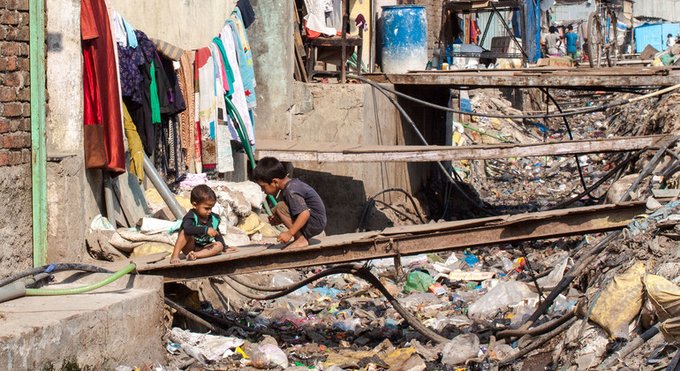Ambitious national climate commitments are crucial for States to sustain a healthy, green recovery from the COVID-19 pandemic, according to a new UN health agency report launched on Monday in the lead-up to the COP26 climate change conference in Glasgow, Scotland.
Based on a growing body of research confirming numerous and inseparable links between climate and health, the World Health Organisation’s (WHO) COP26 Special Report on Climate Change and Health spells out that transformational action in every sector, from energy, transport and nature to food systems and finance is needed to protect people.
“The COVID-19 pandemic has shone a light on the intimate and delicate links between humans, animals and our environment”, said WHO chief Tedros Adhanom Ghebreyesus. “The same unsustainable choices that are killing our planet are killing people”.
WHO’s report was launched at the same time as an open letter, signed by over two thirds of the global health workforce – 300 organizations representing at least 45 million doctors and health professionals worldwide – calling for national leaders and COP26 country delegations to step up climate action.
“Wherever we deliver care, in our hospitals, clinics and communities around the world, we are already responding to the health harms caused by climate change”, the letter from the health professionals reads.
“We call on the leaders of every country and their representatives at COP26 to avert the impending health catastrophe by limiting global warming to 1.5°C, and to make human health and equity central to all climate change mitigation and adaptation actions”.
Both the report and open letter come as unprecedented extreme weather events and other climate impacts are taking a rising toll on everyone.
Heatwaves, storms and floods have taken thousands of lives and disrupted millions of others while also threatening healthcare systems and facilities when they are needed most, according to WHO.
Changes in weather and climate are threatening food security and driving up food-, water- and vector-borne diseases, such as malaria, while climate impacts are also negatively affecting mental health.
“The burning of fossil fuels is killing us. Climate change is the single biggest health threat facing humanity”, states the WHO report. And while no one is safe from the health impacts of climate change, “they are disproportionately felt by the most vulnerable and disadvantaged”.
Meanwhile, air pollution, primarily the result of burning fossil fuels, which also drives climate change, causes 13 deaths per minute worldwide, according to WHO.
The report states clearly that the public health benefits from implementing ambitious climate actions far outweigh the costs.
“It has never been clearer that the climate crisis is one of the most urgent health emergencies we all face”, said Maria Neira, WHO Director of Environment, Climate Change and Health.
“Bringing down air pollution…would reduce the total number of global deaths from air pollution by 80 per cent while dramatically reducing the greenhouse gas emissions that fuel climate change”, she pointed out.
Dr Neira added that a shift to more nutritious, plant-based diets “could reduce global emissions significantly, ensure more resilient food systems, and avoid up to 5.1 million diet-related deaths a year by 2050”.
Although achieving the Paris Agreement on climate change would improve air quality, diet and physical activity – saving millions of lives a year – most climate decision-making processes currently do not account for these health co-benefits and their economic valuation.
Tedros underscored WHO’s call for all countries to “commit to decisive action at COP26 to limit global warming to 1.5°C – not just because it’s the right thing to do, but because it’s in our own interests”, and highlighted 10 priorities in the report to safeguard “the health of people and the planet that sustains us.”.
SOURCE: UN NEWS CENTRE/PACNEWS














